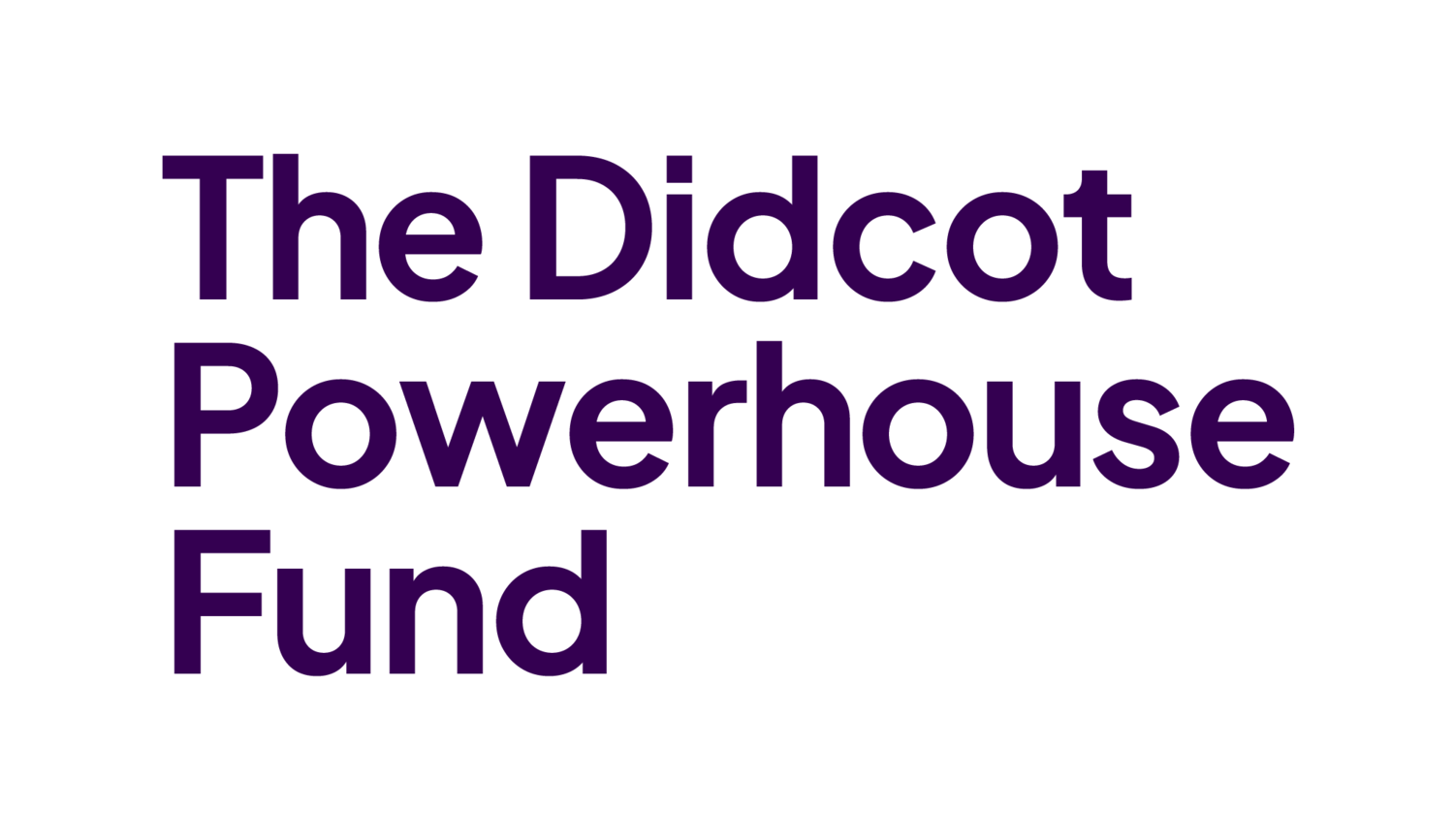Didcot TRAIN
2022, 2023 & 2024 grant recipients
Project funded by the Powerhouse Grant - Large grant, completing March 2025
The Youth Champions programme supports 72 young people aged 11–18 from Didcot and surrounding areas, focusing on those facing isolation, disadvantage, or poor mental health. Activities include group mentoring sessions like SHOUT! for LGBTQ+ youth, a neurodivergent support group, and Dinner & Debate, alongside a Year 6 youth club.
The new IMPACT initiative trains young people as Mental Health First Aiders to provide peer support. Combining professional staff and volunteers, the programme addresses gaps in youth services and promotes positive mental health and community engagement. All initiatives help reduce barriers to participation, ensuring inclusivity and sustainable impact.
Impact achieved so far:
"I feel more resilient," shared a young person involved in TRAIN’s Youth Champions programme, reflecting the success of the initiative, which supported 128 young people in 2024. Many participants came from underserved communities, making the outcomes particularly impactful.
68% of young people reported feeling better about life, and 58% engaged in more positive activities—important steps towards building healthier routines and broadening opportunities. Additionally, 80% of parents said their children were happier, with one commenting, “TRAIN has been a fantastic resource for my son…he has great relationships with the workers.”
These results demonstrate how TRAIN provides vital support to young people from underserved areas, offering safe spaces to build confidence, access opportunities, and strengthen relationships, benefitting participants and their families.
A standout outcome is that 68% of young people reported feeling better about life after engaging with the programme. This is an extraordinary achievement, given the challenges faced by many participants – our service users are typically among the most under-served and disadvantaged members of the community.
Feeling better about life is a critical indicator of reduced risk, as it often correlates with lower engagement in anti-social behaviour, improved mental health, and enhanced resilience.
This outcome also benefits the wider community, from reducing strain on local services to creating economic value through reduced risk and improved future prospects.
